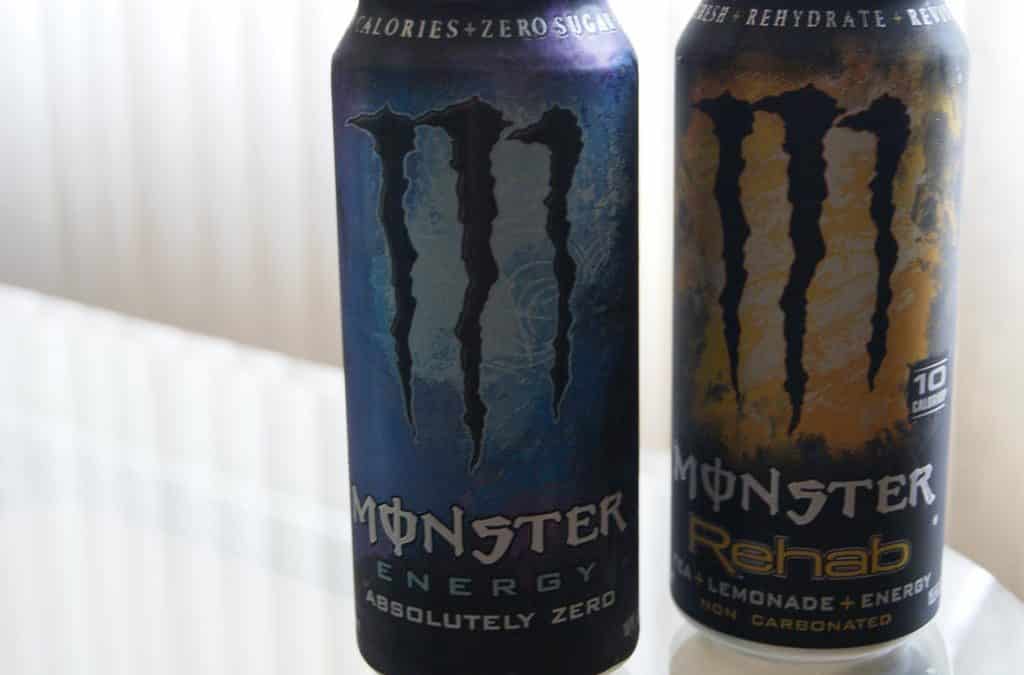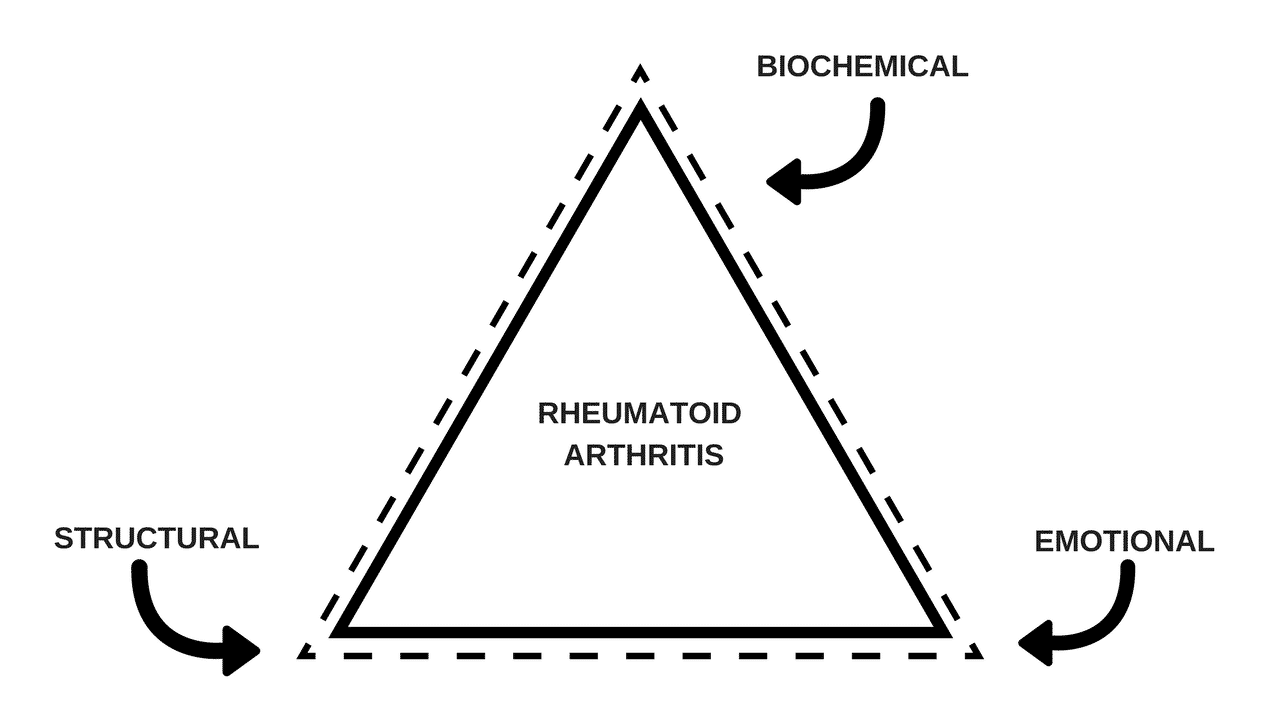7-year-old Female – Tired, Shy, Stomach Hurts
When Regina came to see me in February, she looked like a healthy seven-year-old female. I asked her mother why she thought Regina needed my help. To which her mother replied “Regina always seems tired, really quiet, and her stomach hurts. She seems really shy, but is that normal? The doctors checked her for mono and Lyme disease, but nothing came up positive. Can you help her?” I replied that I would need to see her blood tests and do my own Nutrition Response Testing exam, but I would try to help her.
What Her Previous Blood Tests Showed
I looked at her bloodwork and noticed that Regina had indeed tested negative for mono and Lyme disease. However, on her blood tests, which were very basic and not that complete, you could tell that Regina had high-normal white blood cells, and low-normal hemoglobin, hematocrit, and increased red blood cell distribution width. These three lab test would be consistent with subclinical anemia, and subclinical iron deficiency, along with subclinical B vitamin deficiency, but they weren’t quite definitive. She also had low normal iron, ferritin, and iron saturation, all tests consistent with iron deficiency. I asked Regina’s mother, “why didn’t they look into this further?” To which she replied, “I don’t know!” So, I decided to run a more extensive blood panel to test my theory. Could it be that Regina was just very iron deficient? Could it really be that easy and simple? I had a hard time believing it, so I decided to order the test.
The Case of the Missing Lab Tests
When I got the results of the lab tests, it was worse than I thought. Regina had low hemoglobin, low mean corpuscular hemoglobin, low mean corpuscular hemoglobin concentration, low normal red blood cell distribution width, low normal red blood cells, low white blood cells, and a white blood cell pattern indicating possible chronic infection. She also had even lower iron saturation, ferritin, and iron. The iron saturation was so low that I even got a red alert sent to me by the lab! Most people don’t know what these all mean, but to sum it up, these tests all point towards severe iron deficiency. And the thing causing all this? Extremely low iron, and iron saturation.
It’s Simple Nutritional Deficiency…Again!
To understand Regina‘s case, you have to understand that before someone becomes anemic, their body will deplete their iron stores in an effort to keep up the production of red blood cells. Regina‘s body had expended all of its iron in an effort to keep up red blood cell production, as well as white blood cell production, and was actually running out of raw materials to make red blood cells. No wonder she was so tired! All we had to do was give her liquid chelated iron, and some immune system supplements, and she started feeling better immediately.
Too Many Simple Cases Being Missed for Lack of Proper Testing
The big question though, is why was this missed? To be honest, I don’t know. Were the doctors just waiting for her to get worse before they’d do anything? The same patterns that I saw with her bloodwork were also evident in the blood test she had run by her medical doctor previously. I can’t fathom why they did not know that Regina was simply iron deficient and do something about it. It blows my mind. One thing I can tell you, however, is that after seeing thousands of new patients, it’s common that the lab tests run by medical doctors tend to be shortened versions of what they really need, and that things tend to be missed a lot of the time. That’s why every new patient here at my office has a complete bloodwork run. We don’t want simple cases being missed for lack of testing.
And a Happy Ending to This Story!
Today, I hear reports that Regina has much more energy, isn’t shy anymore and talks a whole lot more. I get many thanks, and I’m humbled by how easy it was to help her. And all just by giving the patient exactly what she needed—a little iron and immune support!
Sincerely Yours,
Keith Sheehan, D.C.
P.S. Two of the best ways to find the root causes of hormonal imbalance are Functional Medicine and Nutrition Response Testing. In combination, these methods work beautifully. Blood tests provide valuable information on what problems to look for and what to do about it. Nutrition Response Testing helps to fine-tune your program and even find issues that blood tests will miss.
Related Articles

Laura Cooks Beef Bone Broth!
Good Afternoon! I’m taking a break from the Lyme disease “lecture” this week to talk about bone broth. You have probably heard of bone broth and how great it is for health. Many people have talked about why it’s so great (you can read a very informative why-to...

Walking For Health and Positive Mental Health
Recently, I lost 4 inches off my waist, decreased my blood pressure, lost 5 pounds, became happier, and bonded with my wife, making one simple change in my life. What makes this significant, is that for the past 20 years, I've been exercising about four hours per week...

A Treatise on Processed Foods
Nutritional Analysis and Discussion of a Popular “Diet” Energy Drink Or A Treatise on Processed Foods By Laura Sheehan April 8, 2018 In working with my clients, my approach as a nutritionist is generally toward recommending people consume more fresh foods in their...

Nutritional Consulting for a Hypothetical Client with GI Issues
Nutritional Consulting for a Hypothetical Client with GI Issues By Laura Sheehan March 19, 2018 My client Mrs. Green has come to me for help with her GI issues. Her symptoms include diarrhea, constipation, and recent unintended weight loss. She works full-time as a...

Hypothetical Case Study #1 Obesity and Metabolic Syndrome
Hypothetical Case Study #1: An Approach to Obesity and Metabolic Syndrome By Laura Sheehan I am going to discuss my hypothetical client Marilyn. Marilyn has come to me for nutritional help, with the goal of making dietary modifications to get off her medications. She...

Carbohydrate Diets in Clinical Nutritional Practice
Carbohydrate Diets in Clinical Nutritional Practice By Laura Sheehan I have been using low-carbohydrate diets in my nutritional consulting practice for three years. The results have typically been very good. For the most part, people lose weight, reduce inflammation,...

Let’s Take a Closer Look at Soy
Let's Take a Closer Look at Soy By Laura Sheehan I was a vegetarian for 20 years and consumed more than my fair share of soybean-based foods. I drank soy milk and ate tofu almost every day. I didn't have a well-researched reason for doing this. Soy was just available,...

Effect of Carbohydrate Intake on Depression
Effect of Carbohydrate Intake on Depression By Laura Sheehan I was never formally diagnosed with depression and I have never taken depression medication, but I can attest to the effect that altering my carbohydrate intake had on my depression symptoms. In short, I am...

Rheumatoid Arthritis
Rheumatoid Arthritis Demographics for this article and statistics about rheumatoid arthritis for this article are taken from rheumatoidarthritis.org. Demographics – rheumatoid arthritis affects women more than men, 3:1, 30 to 60 years of age, and is more likely if you...

A Triad Approach to Stress
Stress Most people know that stress has a very bad effect on health. When we talk about de-stressing we conjure up images of meditation and yoga and chanting om and things like that. But to really recover from the effects of stress, we have to take what's called a...

